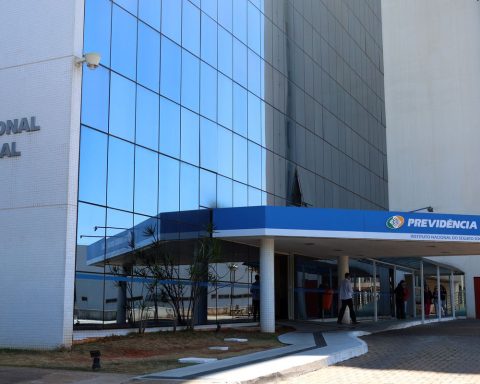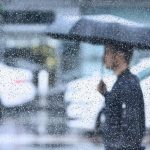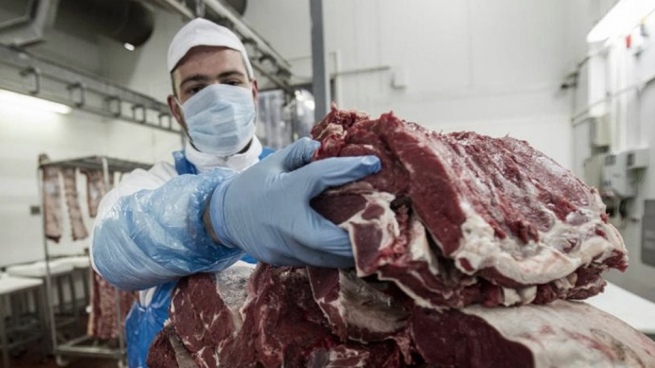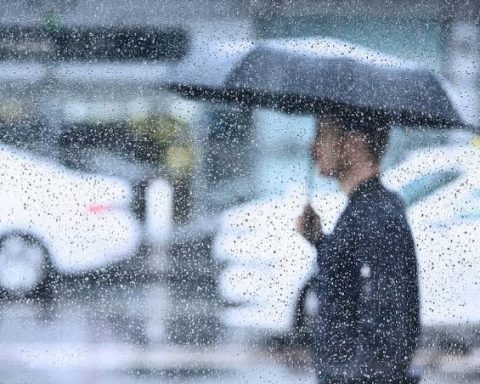The National Health Surveillance Agency (Anvisa) has already identified more than 17,000 potential threats from products subject to health surveillance, sold irregularly on the internet.
The result is the result of a pilot inspection project that aims to expand the monitoring of products, in order to reduce irregularities identified by Anvisa in the internet sales sector.
Launched in late 2021, the project is a partnership with the United Nations Development Program (UNDP). Between December 1, 2021 and February 10, 2022, it has already made it possible to capture 1 million “possible monitoring points”. Of this total, 17,000 were considered potential threats and about 10,000 presented “potential irregularities”. The data released are still preliminary.
“Any products that do not meet the rules defined by Anvisa and, therefore, do not offer society a guarantee of efficacy, safety and quality required for items under sanitary surveillance” are considered irregular, explains Anvisa, referring to requirements that vary according to with the product type.
Among the irregularities that are usually identified are the absence of registration or notification at the agency; and counterfeit, stolen, stolen or smuggled products. There are also cases of products whose advertising is considered inappropriate; and those with quality deviations in their manufacturing process.
According to Anvisa, prohibited products are irregular items that, according to resolutions published by the agency, are prohibited from manufacturing, importing, storing, distributing, marketing, advertising, publicity, promotion and/or use, depending on the irregularity evidenced.
Anvisa informs that there are also cases of products that present problems of “quality deviation”, which occurs when the quality parameters established in the regularization of the product are not fulfilled. In this situation, cases of drugs with changes in appearance, color, odor, flavor and volume or the presence of a foreign body, for example, are included.
The agency warns that the use of irregular products puts the health of users at risk.
















